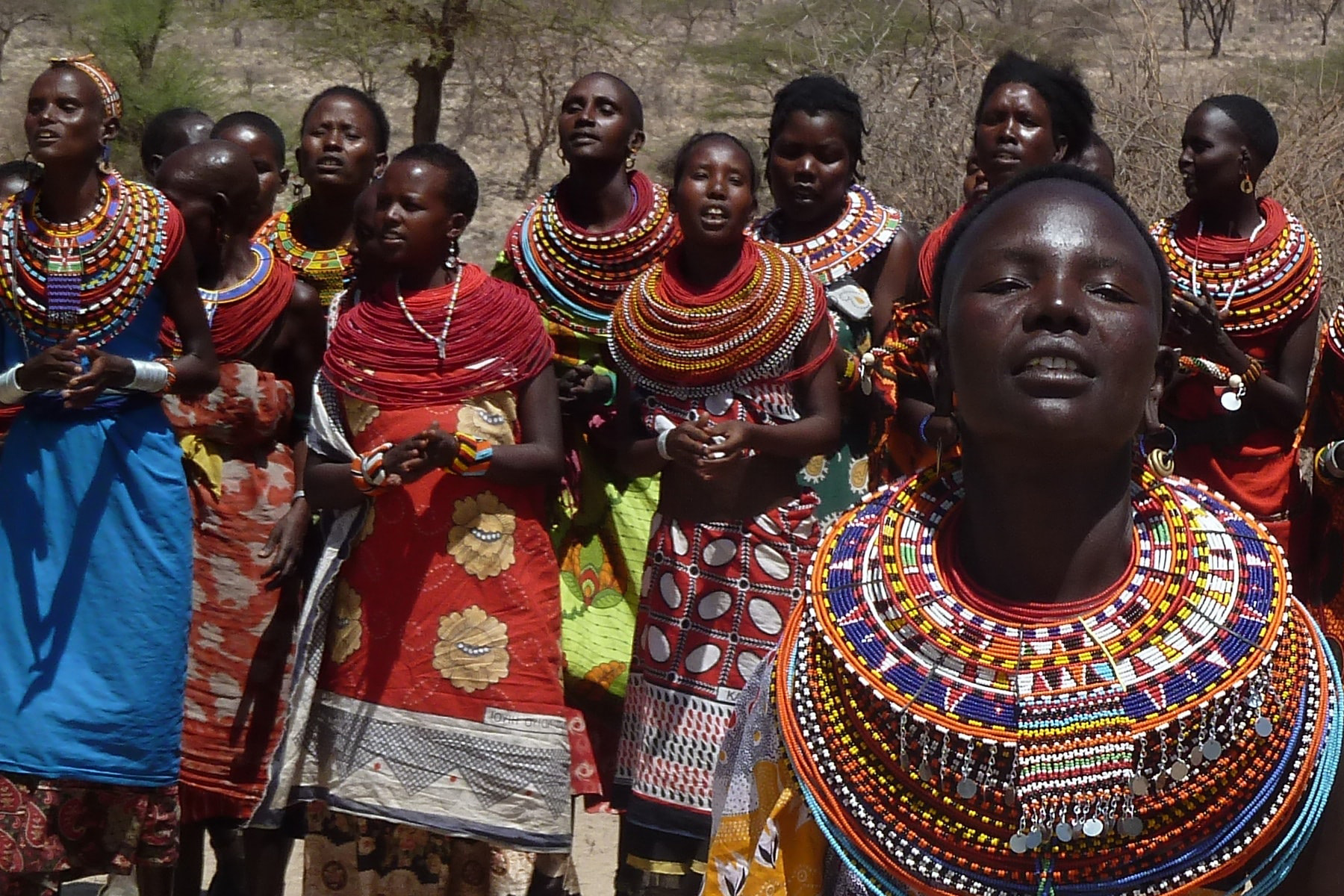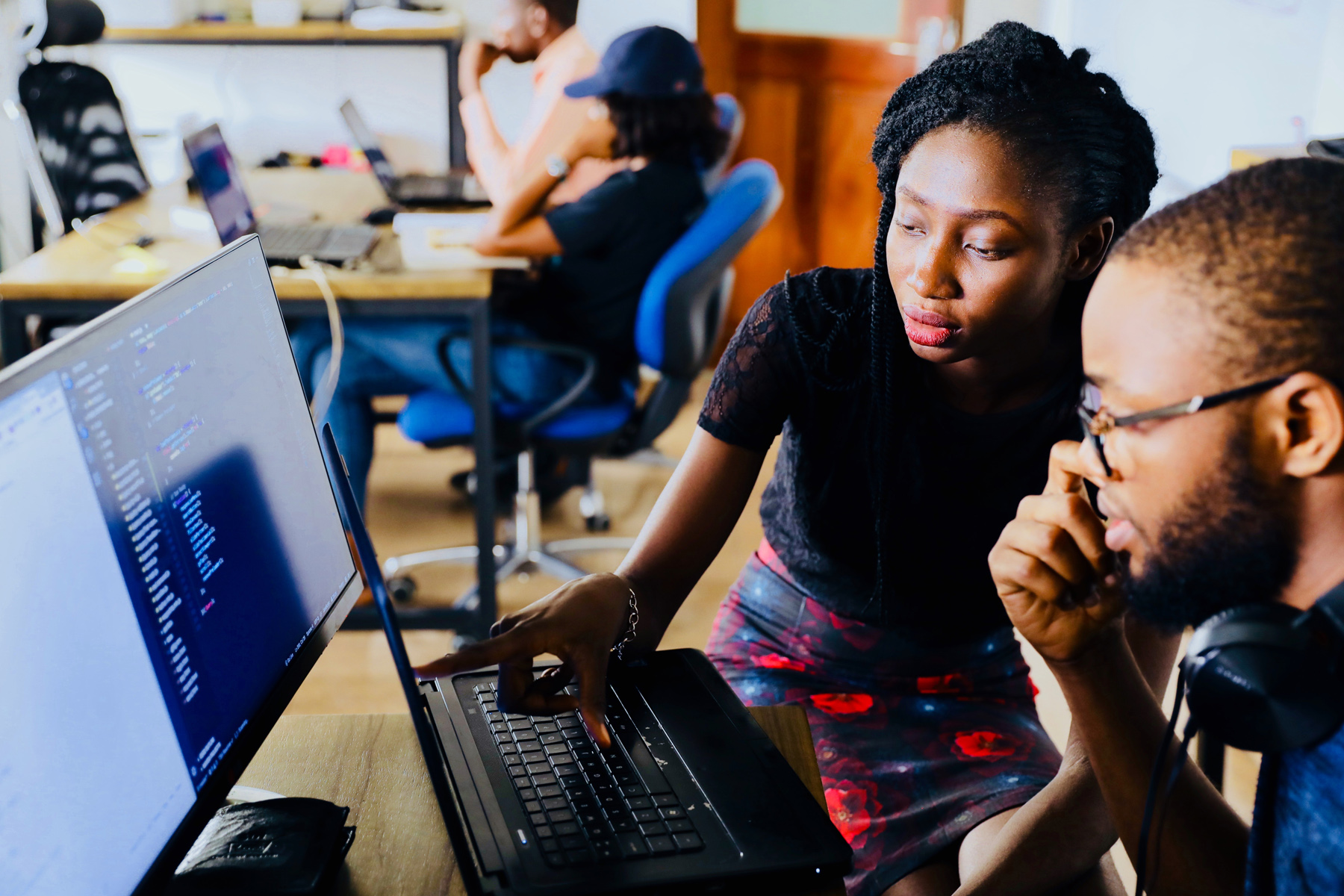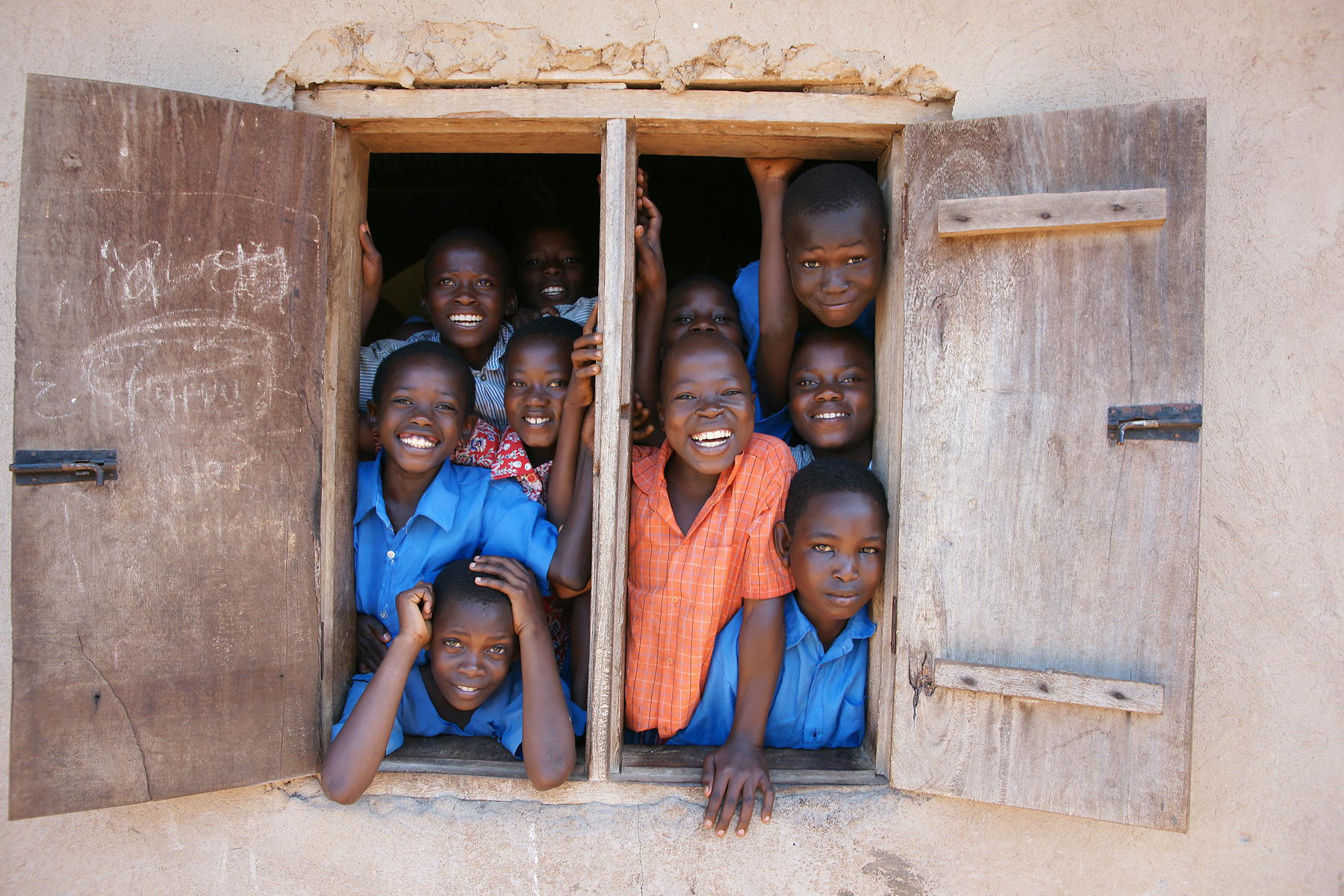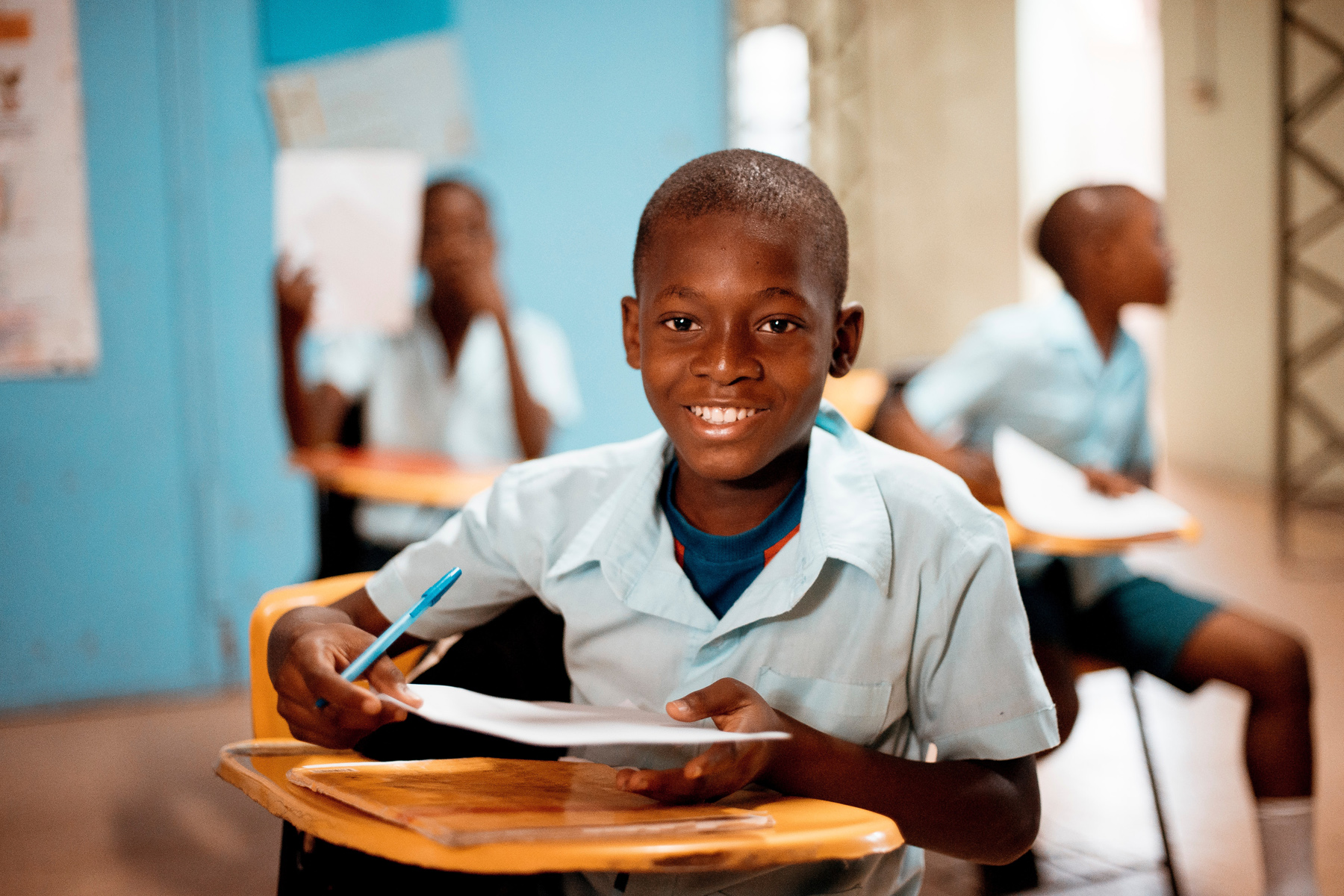African Folk Tales & Arts Preservation (AfricanTales)
Action Location: Africa, Caribbean and all countries with large African Diaspora populations such as Brazil, North America, Latin America, the United Kingdom and the European Union, the rest of African diaspora communities as well as other populations of the world who are interested in African culture and its people.
Objectives of the Action
The project is an initiative to document and make Oral African history & traditions easily accessible. Engaging young people is not only significant for preserving African Folk Tales but all the cultures and meanings that they denote. Children can be important vehicles for transmission of cultures as well as for promotion of a Multicultural society.
The specific objectives are:
To provide a digital space for sharing resources and information about the Oral history Arts of the people of African origin to the global audience.
To ensure maximum visibility and longevity of the Traditional African folk Tales.
To build relationships between local Communities, key decision makers, learning
Institutions, researchers and all stakeholders to ensure continuity and sustainability of such cultural heritage, which would otherwise be lost.
To develop strategies for ease of collecting, recording, preserving and disseminating Oral Traditional stories and Arts alongside training for instructors.
To develop national and International collaborations between stakeholders in order to extend the value of such heritage.
To conduct various awareness activities such as workshops, Forums, conferences and eventually an annual festival dedicated to traditional African Tales & Arts and the creativity around it.
To get communities that will be involved in the projects to see the potential within themselves and to take responsibility for their future, by promoting ideas of self-reliance, positive self-esteem and community cohesion/togetherness, as well as a different mode of community governance.
Target Groups/Final Beneficiaries
Local Communities : these are the custodians of the cultures and heritage of the traditions we wish to preserve. The project has been established to support local communities and other people involved in the collection and preservation of African Folk Tales and Art by providing a platform for digital archiving methods and mainly digital based economic activities.
People of African origin both on the African continent and the Diaspora whose cultural heritage would otherwise be lost, students, researchers, the elders who are custodians of the oral traditions and the world population interested in transcultural traditions.
MAIN ACTIVITIES:
The main activities to be carried out during the running of the project will include but not exclusively; Collecting, editing and submitting African Folklore (Stories, music, dance etc) for review and further archiving using different media platform and promoting these world wide using a network of collaborations and associations. Initial reactions from across the African Diaspora communities worldwide, organisations and authorities in the African and Caribbean countries as well as European organisations and individuals interested in African issues are highly encouraging. We currently have a strong network of Africans and people of African descent. The first global call for African Folk stories closed at the end of February and attracted participation from different regions. Our vision as a partnership is to link this Folk Tale and Art preservation project to other cultural events.
We look forward to organising an African and people of African descent wide festival that will include Story Telling. We have foreseen exchange programs between schools in Africa and the Diaspora and we are looking into practical arrangements. This will be organised through modern technology and not physically. We plan to organise several exchange programs at different levels this way.
We expect all our national coordinators to give an indication of possible private partnerships we can fore see within their respective countries, in addition to organisations that have already shown interest towards the action. We have regular online meetings with our members and interested individuals. We are already negotiating cyber space with management of DSpace and are also in talks with managers at Wikipedia, we would like them to feature our project on their online directory. In the meantime, we are consulting scholars on African literature, Anthropologists, individuals and organisation with works
to contribute to our on-line database. We hope to launch the Database project at the end of 2023. The Diaspora regions, notably the Caribbean, have a strong history in organisation around African cultural history. Our partner Pinelands Creative Workshops is in the management Board. We are looking forward to establishing a strong link with them for the project.
Other activities we foresee include publication of a minimum four books for school children per year. Some of our associates have published books for children already and are interested in doing the same under this project. The stories for children can be organised around issues such as diversity, tolerance and value. The books will be available in both E-book and paperback form. The idea is to have affordable books for children and their carers. Illustrations for the books will involve participation of school children; meaning that there will be country-wide competitions for best illustrations. INGWEE will work on the manual for this competition. Participating schools will be provided with materials such as Crayons, pencils and papers. We plan to organise activities around Folk Tales to attract
visitors to local communities, Community education and mobilisation, Training programs in Story telling skills; storytelling production. Funds raised from such activities will be used to run subsequent activities.
Guidelines for collection, editing and submitting Folk Tales or the project will be provided. Regular reviews of the project will take place, to ensure the activities remain in line with the objectives of the project and the Contracting Authority.
Estimated Results, e.g, from the annual school competitions:
Approximately 200 primary schools will take part in the competition for best Folk Tale for children, with an indirect beneficiary to a population of several thousands school children.
At least 150 Art teachers trained in coaching school children in preparing illustrations for children story books using computers and further approximately 200 more teachers and assistants trained in Digital archiving methods.
The cultural players in each country will be able to interconnect with regional actors and establish systems and links to facilitate replication of the programs in other countries & mutual collaborations. The participating countries will be encouraged to host Oral history, traditions and cultural heritage related conferences. Winners will participate in the virtual Academy planned to teach African history & cultures and basic skills in Arts and technology.
Relevance of the initiative
Folk Tales play an important role in transferring knowledge and in development of individuals. It also has the power to influence a person’s perception, attitude, behavior, and many other factors important to human’s life as well as the society.
Documenting Folk tales of people of African origin will help people from other cultures to better understand us and to highlight the universality of issues that relate to humans. Folktales can help children appreciate the reality of human diversity and increase children empathy with people of other cultures and conditions of humans that affect everyone. The stories can be funny, sad and can evoke laughter or fear. Folk Tales are vehicles for transmitting and sustaining the culture.
Using children to bring to life stories told by the elderly also makes Folk tales implicitly a bridge between generations, in the same way the stories can teach the youth to appreciate differences. Some stories teach children to accept and respect people less able than they are or to be helpful to the sick and so on. Folk tales are a national heritage and culture.
They are stories about human’s ways of living in each nation or language and have traditionally been followed through generations. Tales as medium to address social, economic and political issues from an early age before the population’s views are fixed, easier to teach children than grown ups, they can be instruments of positive change.
Folk Tales can help promote sustainable development, through stories about conservation and by helping communities learn new skills can bring about Community development .
Folk tales bring people’s pride to their places of origin and bring communities closer because they would perceive that they have something in common. Such attitudes greatly lead to people’s unity and harmony.
Folk Tales are an exciting and highly entertaining part of human life , but one with few publishing outlets. Until recently, prohibitive publishing costs made the dissemination of such unique traditions unthinkable, but with print-on-demand technology combined with online delivery of multimedia content, it is possible for all these endangered heritage to reach a wider audience. We intend to leverage every possible free media platform out there to achieve our objective of bringing Folk Tales to a wider audience, in addition to paid services.






